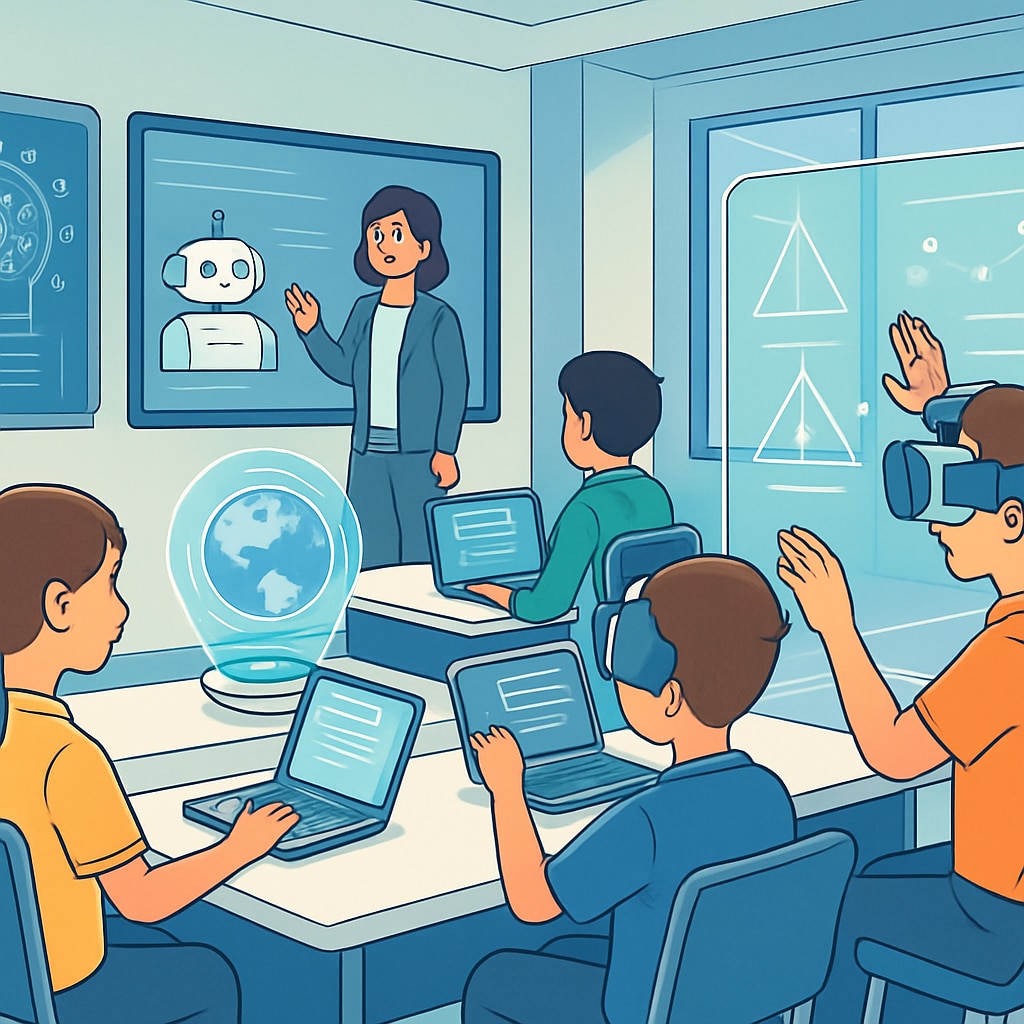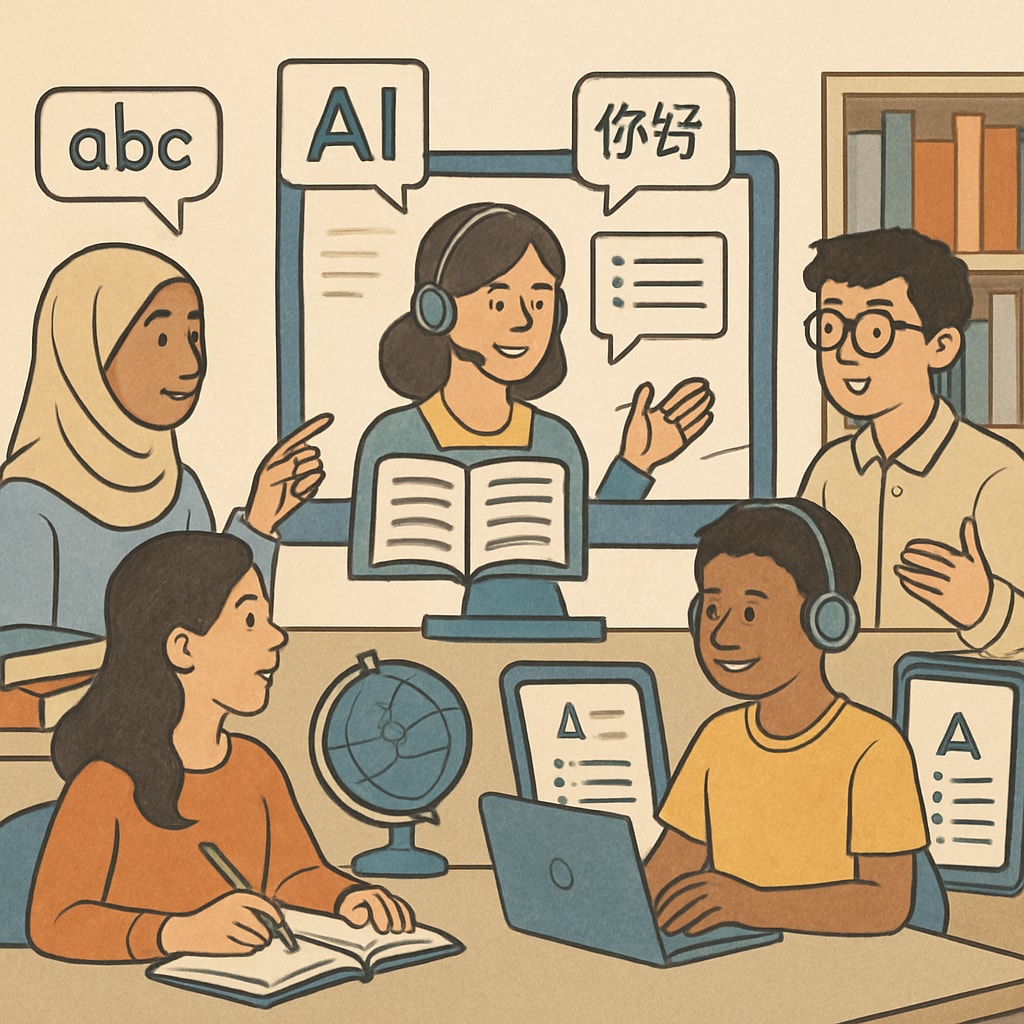The intersection of artificial intelligence and education is driving profound changes in the K12 sector. “Artificial Intelligence in Education, Educational Trends, 2030 Education Future” highlights the transformative role of AI technologies in reshaping traditional learning experiences. From personalized content delivery to adaptive assessments, AI is poised to redefine how students learn, teachers teach, and schools operate.
Current Applications of Artificial Intelligence in K12 Education
Today, AI has already started making a significant impact on K12 education. For example, intelligent tutoring systems provide students with tailored learning experiences, adapting to their individual needs and learning pace. Platforms like Khan Academy use AI algorithms to offer personalized recommendations for assignments and study materials.
Moreover, AI-driven tools are improving classroom management and administrative operations. Automated grading systems reduce the workload for educators, allowing them to focus on instructional strategies and student engagement. Additionally, speech recognition and natural language processing (NLP) technologies assist non-native speakers and students with disabilities by making educational content more accessible.

AI-Driven Educational Trends Shaping the Path to 2030
As we approach 2030, several emerging trends indicate how AI will further integrate into K12 education:
- Personalized Learning: AI algorithms will enable highly individualized learning paths tailored to each student’s strengths, weaknesses, and interests.
- AI-Powered Assessments: Advanced systems will analyze student performance in real-time, offering instant feedback and actionable insights.
- Virtual Classrooms: Technologies like augmented reality (AR) and virtual reality (VR) will immerse students in interactive, experiential learning environments.
- Teacher-AI Collaboration: Educators will work alongside AI assistants to enhance lesson planning, grading, and student support.
- Global Accessibility: AI will break down language barriers, providing multilingual learning resources to students worldwide.
These trends are not just theoretical; they are already being implemented in pilot programs globally. For instance, AI-powered platforms such as Duolingo are revolutionizing language education, while tools like Prodigy Math Game are gamifying learning to make it more engaging.

Envisioning K12 Education in 2030
Looking ahead, the integration of AI into education by 2030 is expected to create a more inclusive, efficient, and dynamic learning ecosystem. Here are some key predictions:
- Fully Automated Classrooms: AI systems will handle administrative tasks, freeing educators to focus entirely on teaching and mentorship.
- Global Learning Communities: Virtual classrooms powered by AI will connect students from around the world, fostering cultural exchange and collaboration.
- Enhanced Emotional Intelligence: AI tools will analyze emotional cues from students, enabling teachers to address their social and emotional needs effectively.
- Ethical AI Practices: Schools and policymakers will prioritize ethical AI usage, ensuring data privacy and unbiased algorithms.
As a result, K12 education will evolve into a model that emphasizes creativity, critical thinking, and global citizenship, preparing students for a future where innovation and adaptability are key.
Readability guidance: This article uses concise paragraphs and lists for clarity, integrates transitions such as “for example” and “as a result,” and limits passive voice usage. It provides external references to reputable sources like Khan Academy and Britannica to enhance credibility.


